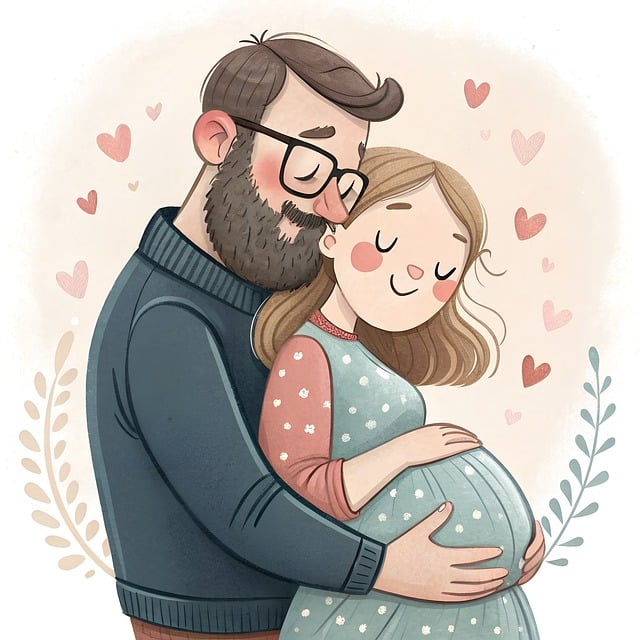When you first start trying to conceive, intimacy can feel exciting and joyful. However, as time passes without a positive result, what was once fun can become a source of stress. When the focus shifts from enjoying each other to merely “making a baby,” the experience can lose its charm.
In a recent discussion with Dr. Sarah Bennett, a fertility specialist, we explored how couples feel about sex while attempting to conceive. Interestingly, 13% of those surveyed reported that trying to conceive made their sexual experiences even more enjoyable, as it added a sense of purpose to their intimacy. But as time went on, 44% admitted that the excitement faded, turning intimacy into a timed task, often dictated by ovulation cycles.
On the flip side, 43% of respondents felt that their sexual encounters had become more of a chore than a joyful expression of love.
How Often Should You Be Intimate?
So, how often should you be intimate when trying to conceive? The average American couple has sex a little more than once a week, which may not be enough to catch that crucial fertile window. This window spans six days leading up to ovulation, with sperm capable of surviving in the female body for several days. To maximize the chances of getting pregnant, it’s best to aim for intercourse every 24 to 48 hours during this fertile period.
Pinpointing Your Fertile Window
Wondering how to pinpoint your fertile window? For women with regular cycles, ovulation typically occurs about 14 days before the next period. However, for those with irregular cycles, it might be trickier. Ovulation predictor kits can help by detecting increases in luteinizing hormone (LH), signaling that ovulation is imminent.
When to Seek Help
If you’re finding it hard to conceive, when should you reach out for help? A woman in her 30s typically has only a 15% chance of conceiving each month. About 40% of couples will conceive within three months, and 70% will do so within six months. If you’re under 35 and have been trying for a year without success, or if you’re 35 or older and have been trying for six months, it’s time to consult a fertility specialist.
Additional Resources
For more insights on related topics, check out this post on understanding implantation bleeding and its timing, which could be helpful during your journey. If you’re also looking for ways to support male fertility, you might want to explore this fertility booster for men. And for a comprehensive overview of artificial insemination, this Wikipedia article serves as an excellent resource.
In summary, while the journey of trying to conceive can bring challenges to intimacy, maintaining open communication and seeking support can help couples navigate this sensitive time together.

